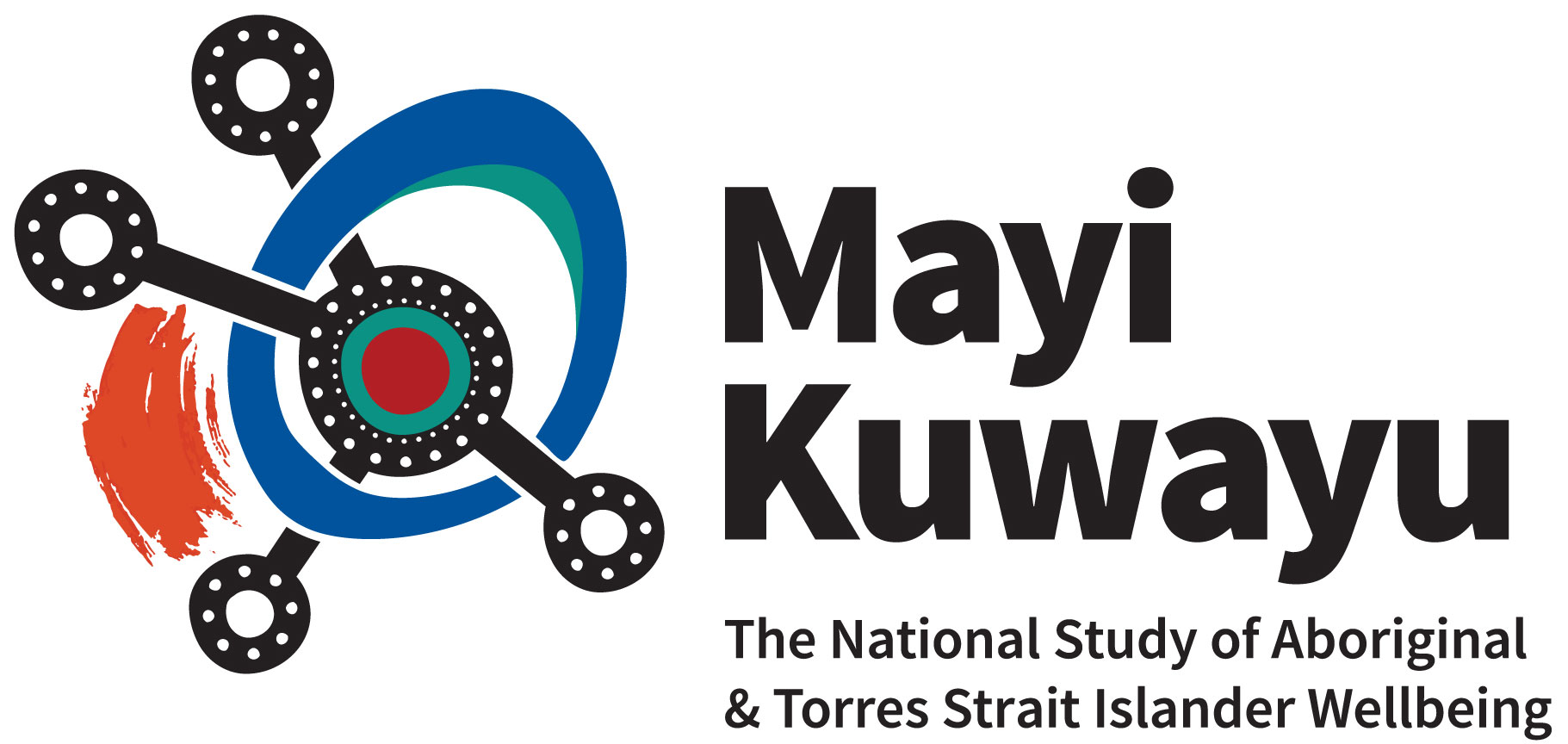Do cultural factors affect the health of Aboriginal and Torres Strait Islander communities?
ANU receives $16 million in NHMRC funding
September 9, 2017Raising concerns about a key source on Aboriginal and Torres Strait Islander health
September 11, 2017Dr Raymond Lovett from the ANU Research School of Population Health (RSPH) believes they do and is conducting research to better understand the connection.
He is concerned these factors are not considered by mainstream reporting and analysis, such as the Prime Minister’s Closing the Gap report.
He has received funding from the NHMRC to conduct a series of survey to explore the issue.
“This will allow us to quantify the relationships between cultural factors such as use of Indigenous language, connection to country and strength of identity, with health outcomes,” he says.
Dr Lovett, a Wongaibon man from far west New South Wales, has a passion for improving Indigenous health and was the first Indigenous PhD candidate at the ANU National Centre for Epidemiology and Population Health (NCEPH).
For the research project, he is working with Aboriginal and Torres Strait Islander communities all over the country.
The surveys are seeking to find correlations between the health of communities and factors such as the amount of Aboriginal language spoken, connection to country and cultural knowledge that is transferred or learnt.
“This is being done on an individual level but then you can aggregate to communities or jurisdictions,” he says.
“We’ve already run a proof of concept trial along the Murray River to see whether the indicators we’ve developed might be working and the results from that were quite interesting.
“We found that people who lived on their tribal country were reporting up to a 50 per cent improvement in their health.”
“We’ve never had a measure of any of this sort of stuff.
“What we’re about is making sure we have distinctive measures that are important to Aboriginal people that reflect their reality and their lives.
“Unless you work with Aboriginal communities or have an Aboriginal background yourself, you may not understand what they are – they are factors that never get captured in national data collection which are always focused on economic aspects.”
After the first trial involving 170 people, Dr Lovett is conducting a survey of around 300 people in the Northern Territory.
“We know from all the international literature that if you are taught in your first language first, then English, you get better educational outcomes, but that is contrary to the policy in the Northern Territory,” he says.
“But we don’t have the data here to say, if you learn your Aboriginal language first, then you get better outcomes in education.
“We will communicate our findings to policy agencies we work closely with, such as the Federal Department of Health.
“They are trying to develop a new Aboriginal and Torres Strait Islander health plan and cultural determinants are actually a large part of that plan, but they don’t know how to do it.
“Therefore, if we can provide them with the evidence about language or connection to country, then that will have tangible benefits in health outcomes.”

